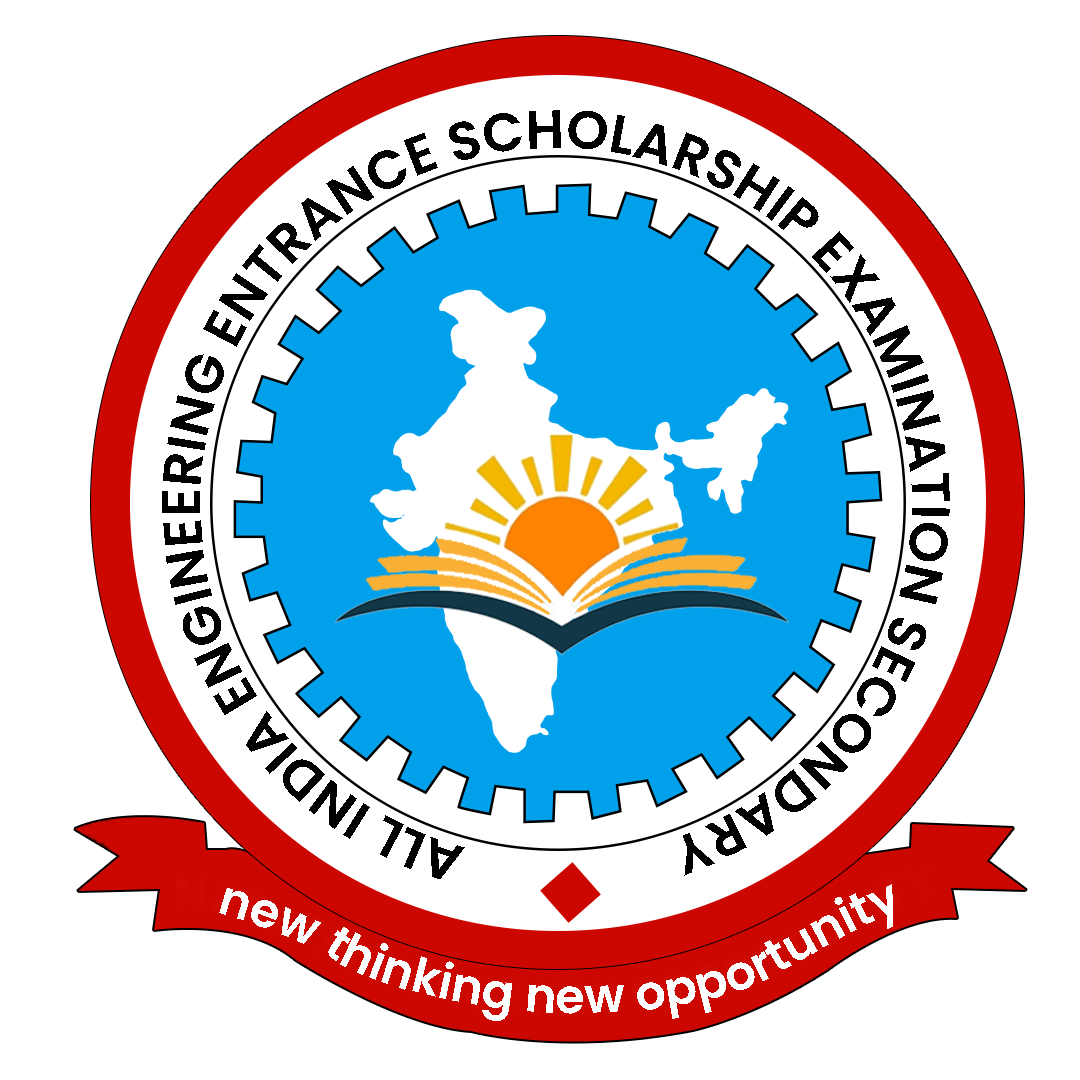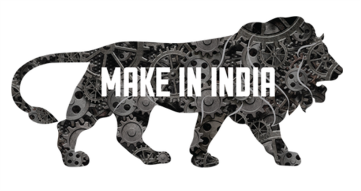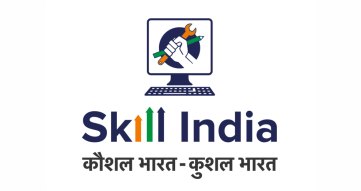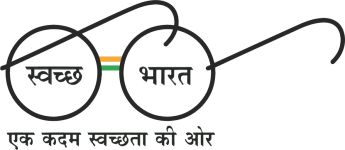+91-9220909811
+91-9220909812
- Home
- About Us
-
Courses
- Aeronautical Engineering (AE)
- Aerospace Engineering (ASE)
- Automation and Robotics (AUR)
- Automobile Engineering (AUE)
- Computer Science Engineering (CSE)
- CSE - ARTIFICIAL INTELLIGENCE (CSE - AI)
- CSE - ARTIFICIAL INTELLIGENGE & MACHINE LEARNING (CSE - AI & ML)
- CSE - INTERNET OF THINGS
- CSE - BIG DATA
- CSE - CLOUD COMPUTING
- CSE - BLOCK CHAIN TECHNOLOGY
- Electronics and Telecommunication Engineering (ETE)
- Ceramic Engineering (CRE)
- Chemical Engineering (CHE)
- Civil Engineering (CE)
- Electrical and Electronics Engineering (EEE)
- Electrical Engineering (EE)
- Electronics and Communication (ECE)
- Electronics and Instrumentation Engineering (EIE)
- Food technology (FT)
- Information Technology (IT)
- Instrumentation and Control (ICE)
- Instrumentation Engineering (IE)
- Marine Engineering (MRE)
- Mechanical engineering (ME)
- Mechatronics (MHE)
- Metallurgical Engineering (MTE)
- Mining Engineering (MNE)
- Ocean Engineering (OE)
- Petroleum Engineering (PE)
- Plastic and Polymer Engineering (PPE)
- Production engineering (PNE)
- Robotics Engineering (RE)
- Textile Engineering (TE)
- IIT
- NIT
- IIIT
- Examination
- Scholarship
- Contact





